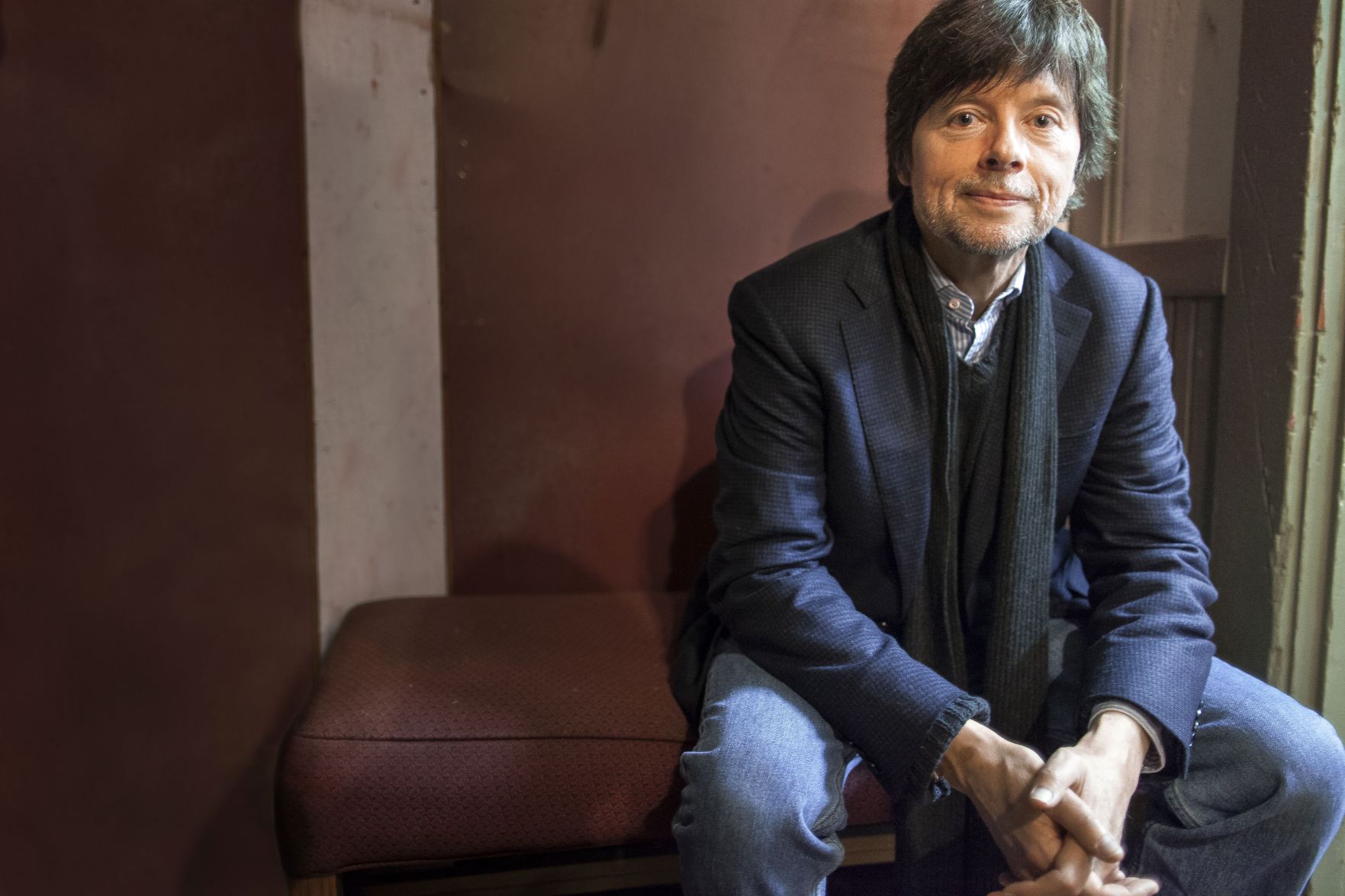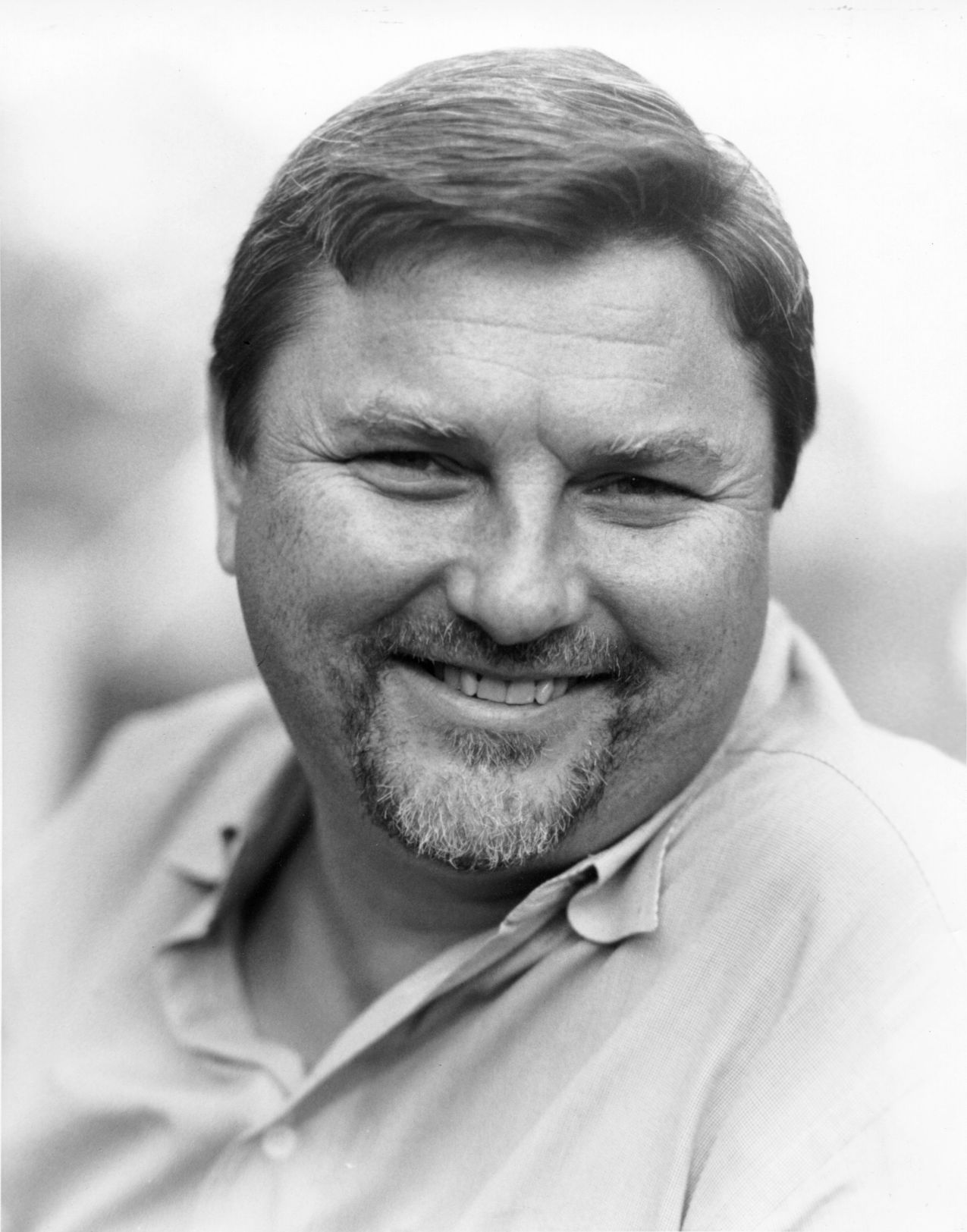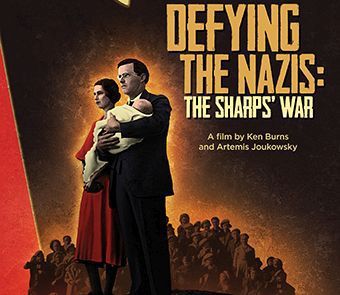More than 75 years ago, a Unitarian minister and his wife, Waitstill and Martha Sharp, left their family in Wellesley, Mass., to help persecuted people escape Nazi-occupied Europe.
Seventeen Unitarians declined to go on the mission, but even with the risk of imprisonment or death, the Sharps said yes.
They spent two years in Europe, making secret missions to provide relief and save hundreds of dissidents and refugees threatened by Hitler’s rule.
The little-known story of American heroism was produced into a film, co-directed by Ken Burns and a grandson of the Sharps, Artemis Joukoswky.
“Defying the Nazis: The Sharps’ War” premieres on Sept. 20 on PBS, and features Tom Hanks as the voice of Waitstill Sharp.
The film will be publicly screened at the Unitarian Universalist Congregation at Shelter Rock in Manhasset on the day of the premiere at 7 p.m.
Joukowsky committed decades of work to put his grandparents’ efforts on the screen, a family story he said he first learned about when he interviewed his grandmother for a project in the ninth grade.
“It’s remarkable. It feels like a burden has been lifted, like a promise I had made a long time ago, not just a promise to my grandparents, but a promise to myself to live my own life of moral courage,” Joukowsky said.
The story of the Sharps’ rescue of refugees is connected in the film with today’s refugee crisis in Europe and the Middle East.
“I think it’s why people are so excited about this film because it really humanizes the refugee crisis today,” Joukowsky said. “All of the photographs and heartbreaking videos you see, it’s heartbreaking to see particularly children who are really the greatest victims of war.”
Two congregants of the Unitarian Universalist Congregation at Shelter Rock, Colin and Latifa Woodhouse, made similar trips to the Sharps this year by aiding refugees fleeing to Europe.
Joukowsky, who came to know the Woodhouses through the Unitarian Universalist Congregation, calls them today’s Sharps.
The Great Neck couple was inspired by a rough cut of Joukowsky’s film they saw years ago to engage in humanitarian efforts around the world.
“When Colin and I saw this movie we thought, ‘wow they are our heroes,’” Latifa Woodhouse said. “We were quite inspired.”
Latifa Woodhouse is an Afghan-American, and her father was living in Afghanistan at the time of the Soviet-Afghan war in 1979. She said the country was devastated by the conflict, and her father saw his cousins executed. With the help of freedom fighters, he was able to escape the country.
She said that experience and seeing a news report about a migrant child dying in Europe helped them choose their mission of aiding refugees.
In January, they traveled to Lesvos, Greece to provide food, shelter and clothing to migrants fleeing Syria and Afghanistan.
They decided to go back in August, to give relief to the refugees living in ever-worsening conditions.
“We felt we needed to go back,” Colin Woodhouse said. “A week after we returned in February, the [European Union] closed the border to Afghans, which was a violation of the rights of refugees and those seeking asylum.”
Upon returning to the refugee camp, Latifa encountered someone she didn’t expect to see. She saw her cousin, who she hadn’t seen since she was two years old, now with a husband and two children fleeing from Afghanistan.
“That was really a moment of despair, to see my own cousin, my own blood and flesh, what she was going through, it was absolutely unbearable,” Latifa Woodhouse said.
She said she saw the tent her cousin shared with several other refugees, and it only had room to stand. Eventually her cousin and family were moved to a more accommodating tent with other couples, Latifa said.
Despite the lack of presence from humanitarian organizations like the United Nations and the International Rescue Committee, Colin and Latifa Woodhouse said they were happy to make a dent in the problem.
“It is extraordinary what they’ve done,” Joukowsky said.
The couple said they intend to return to Lesvos along with Joukowsky in October.
Colin and Latifa Woodhouse aren’t only connected to the film through their providing similar aid to refugees, but also helped fund the film so it could be seen by other organizations.
Through the Unitarian Universalist Congregation at Shelter Rock’s program Large Grants, they advocated to have $100,000 donated to the project.
“Shelter Rock gave the film the funding to make interfaith connections, so the same organizations that worked with Sharps could work with us today,” Joukowsky said. “What I’ve done is I’ve invited every institution to see the film as their film, and see it in their interest.”
Congregations of Quakers, Jews, Catholics, and hundreds of schools will see the film because of the reach Shelter Rock’s grant provided.
One of the core principles of Unitarians is the belief in the inherent worth and dignity of every person, a reason why the Woodhouses thought it was important to promote the film.
“From that value came the opportunity to support the story of the Sharps,” Colin Woodhouse said. “[Latifa] was very instrumental in pushing it forward. We owe it to our faith to support this movie because it’s an opportunity to highlight our past and link it to the future.”
On Monday, Joukowsky, the Woodhouses and eight of the surviving children saved by the Sharps visited the White House because of the film.
President Obama is using the film to tie into his policy on the refugee crisis, Joukowsky said.
Latifa Woodhouse said she hopes there are many more to follow in their footsteps.
“The ripples haven’t gotten to us but they will,” Colin Woodhouse said. “It’s a global issue, and I think it’s going to be an issue of our time.”





